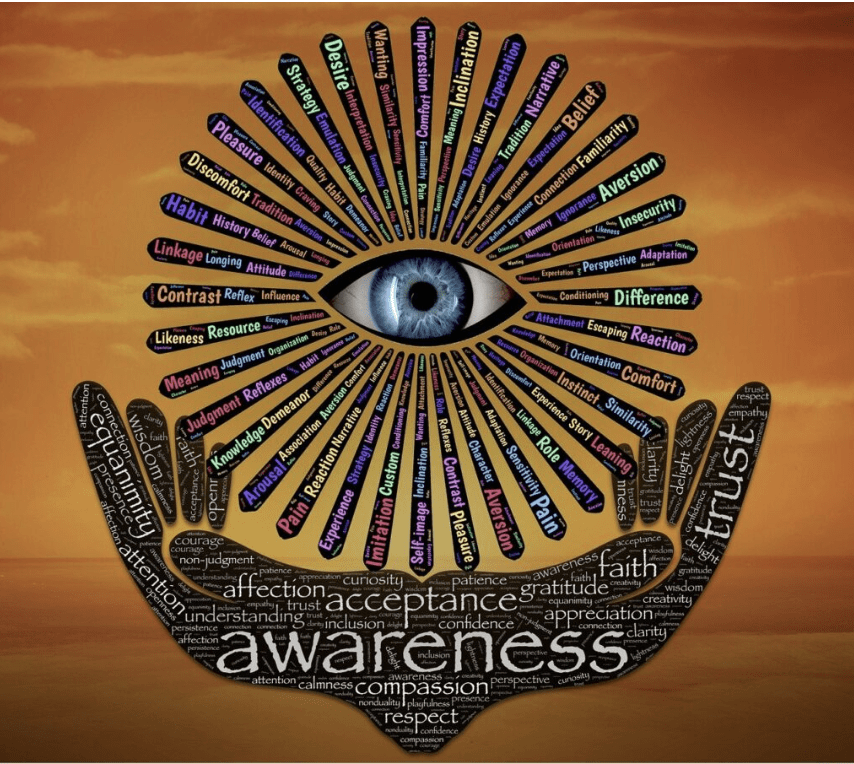A Mindful Way Forward
Experiences of persistent anxiety and mood fluctuations can leave someone feeling overwhelmed, stuck, or disconnected from their own life. Mindfulness-Based Cognitive Therapy (MBCT) bridges mindfulness and cognitive behavioral therapy for anxiety, offering a compassionate and empowering route out of unhelpful thought patterns.
MBCT combines structured mindfulness meditation with gentle cognitive techniques. Its goal is to help people notice and shift the habitual mindsets that fuel worry, tension, or depressive relapse—and to cultivate a kinder, more present relationship with their own mental life.
How Does MBCT Work?
Awareness of mental patterns
Mindfulness helps illuminate recurring cycles of worry or mood decline early on—giving individuals a chance to “nip them in the bud.” By recognizing these patterns sooner, people develop a stronger sense of choice in how they respond, rather than feeling swept away by automatic reactions.Disruption of reactive loops
It interrupts the interplay of negative mood, anxious thoughts, and sensations such as tension or fatigue that commonly reinforce each other. Over time, this break in momentum allows the nervous system to settle, reducing the intensity of emotional spirals and creating space for steadier, calmer responses.Shift from judgment to presence
Mindfulness supports a move from critical thinking to direct, nonjudgmental awareness—seeing thoughts and feelings simply as passing experiences. This shift helps loosen perfectionism and self-criticism, opening the door to curiosity, patience, and a gentler relationship with one’s inner world.Cultivation of compassionate inner presence
Learners discover they can hold troubling emotions or worries in awareness—without fighting them—and with a warmer inner regard. In doing so, difficult moments become opportunities to practice kindness toward themselves, which gradually strengthens resilience and emotional balance.Rediscovery of everyday joys
Through mindful attention, one can reconnect with simple pleasures and a deeper sense of aliveness. Everyday experiences—like savoring a meal, feeling sunlight on the skin, or sharing a laugh—become sources of nourishment that counterbalance stress and renew well-being.
Why MBCT Helps with Anxiety and Mood
Structure of MBCT
- Mindfulness–CBT blend in session: Sessions combines guided meditation, mindful exercises, and gentle cognitive awareness tools.
- Mindfulness–CBT blend at home: Participants are encouraged to engage in daily mindfulness practice, such as mindful breathing, body scans, or informal awareness during daily routines. This supports skill integration and transformation.
MBCT serves as an effective complement among anxiety disorder treatments by reworking how someone relates to anxiety—not just masking or replacing symptoms. Instead of trying to “fix” or suppress anxious thoughts, MBCT invites individuals to observe them with curiosity and compassion, reducing their impact over time.
When practiced consistently, MBCT strengthens awareness and emotional regulation—supporting better responses to stress, worry, and emotional upheaval.
Who Might Benefit from MBCT
- Individuals with recurrent depression seeking to prevent relapse.
- Those with chronic anxiety or negative thinking patterns.
- Anyone feeling stuck in rumination or emotional reactivity.
- People who wish to integrate mindfulness into their therapy or daily routine.
Frequently Asked Questions, MBCT style
What’s the difference between MBCT and MBSR?
- MBSR (Mindfulness-Based Stress Reduction) is designed for general stress relief across varied life challenges.
- MBCT, by contrast, is tailored to interrupt patterns of depression and anxiety through a combined mindfulness and cognitive therapy approach.
Can MBCT work alongside other treatments?
Yes. Whether paired with medication, CBT, lifestyle work, or other therapies, MBCT offers tools to address the emotional and mental components of healing—enhancing overall outcomes.
What does research say about MBCT’s effectiveness?
- MBCT demonstrates effectiveness comparable to maintenance antidepressants in preventing depressive relapse.
- It also shows promise for addressing anxiety and enhancing emotional regulation through mindfulness-based mechanisms.
Integrating MBCT into Everyday Life
Rather than being limited to formal sessions, MBCT shines when woven into daily routines:
- Morning mindfulness: Begin your day with a few gentle breaths or a body scan to center awareness before activity.
- Three-minute breathing breaks: Use mindful pauses during tension or stress—rather than reacting automatically.
- Mindfulness in movement: Walk, eat, or go about routine activities with full presence.
- Reflective closing of day: Gently observe thoughts and feelings at night without self-judgment—cultivating a grounded close.
These intentional moments of presence shift how everday experiences are lived and viewed.

